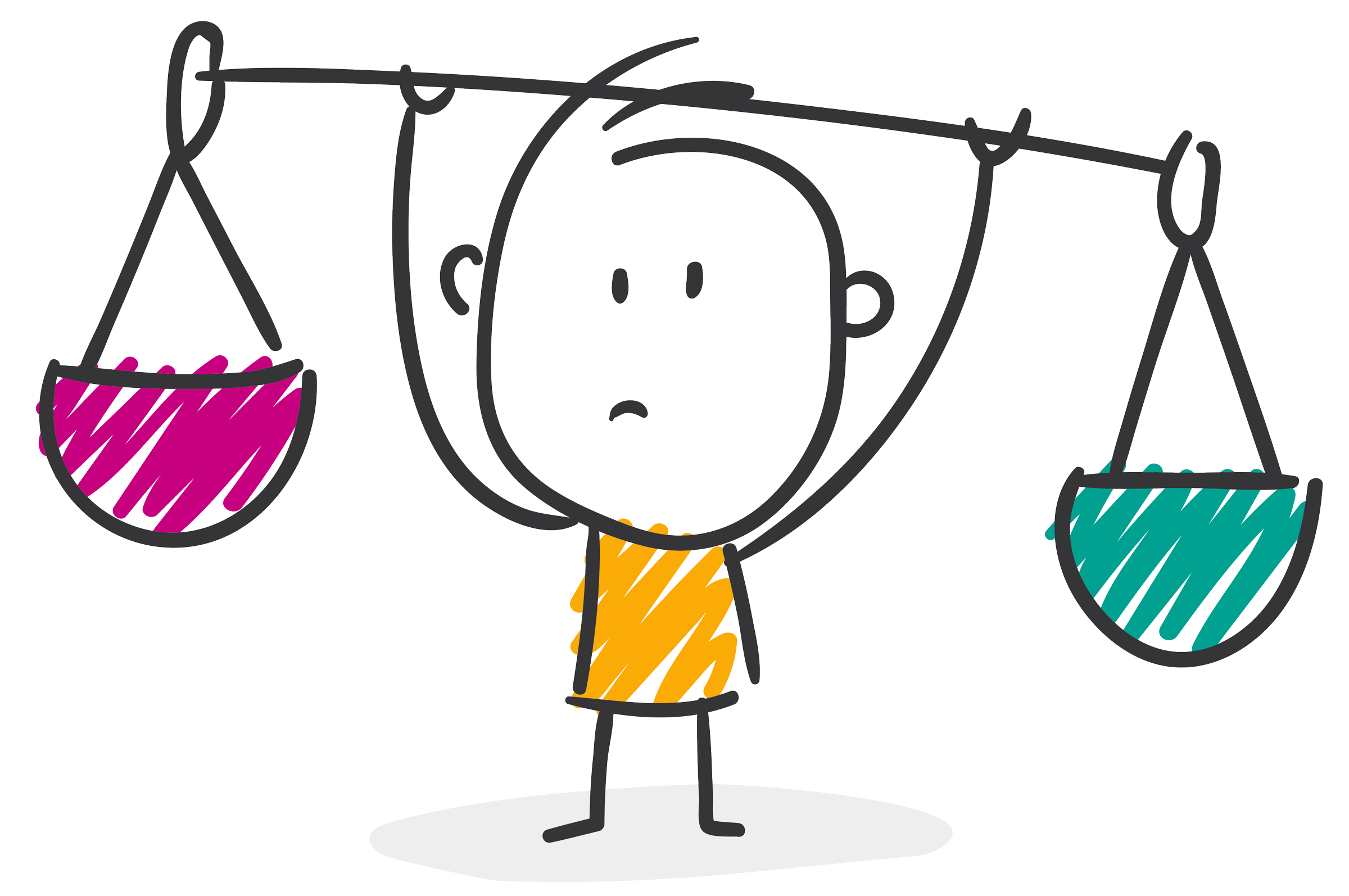The Transtheoretical Model
An Integrative Model Of Behavior Change
The TTM
- uses the stages of change to integrate the most powerful principles and processes of change from leading theories of counseling and behavior change;
- is based on principles developed from over 35 years of scientific research, intervention development, and scores of empirical studies;
- applies the results of research funded by over $80 million worth of grants and conducted with over 150,000 research participants; and
- is currently in use by professionals around the world.
The Stages of Change
Precontemplation
Not Ready
Contemplation
Getting Ready
Preparation
Ready
Action
Making Change
Maintenance
Keeping Up Change
Stages of change lie at the heart of the TTM. The TTM recognizes behavior change as a process that unfolds over time, involving progress through a series of stages. While the time a person remains in each stage is variable, the tasks required to move to the next stage are not. Certain principles and processes of change work best at each stage to reduce resistance, facilitate progress, and prevent relapse. Those principles include decisional balance, self-efficacy, and processes of change. Only a minority (usually less than 20%) of a population at risk is prepared to take action at any given time. Thus, action-oriented guidance is not well suited for individuals in the early stages. Individually tailored guidance based on the TTM results in increased engagement in the change process because it appeals to the whole population rather than the minority ready to take action.
While progression through the stages of change can occur in a linear fashion, a nonlinear progression is common. Often, individuals recycle through the stages or regress to earlier stages from later ones.
Precontemplation
Stage 1

No plan to take action
in the next 6 months
People in the Precontemplation stage do not intend to take action in the foreseeable future, usually defined as the next six months. Being uninformed or under informed about the consequences of one’s behavior may cause a person to be in the Precontemplation stage. Multiple unsuccessful attempts at change can lead to demoralization about the ability to change. Precontemplators are often characterized in other theories as resistant, unmotivated, or nonadherent. The fact is, traditional programs were not ready for such individuals and were not designed to meet their needs.
Contemplation
Stage 2

Plan to take action
in the next 6 months
Contemplation is the stage in which people intend to change in the next six months. They are more aware of the pros of changing, but are also acutely aware of the cons. The relative equal weighting between the costs and benefits of changing can produce profound ambivalence that can cause people to remain in this stage for long periods of time. This phenomenon is often characterized as chronic contemplation. Individuals in the Contemplation stage are not ready for traditional action-oriented programs that expect participants to act immediately.
Preparation
Stage 3

Ready to take action
in the next 30 days
Preparation is the stage in which people intend to take action in the immediate future, usually measured as the next month. Typically, they have already taken some steps toward action in the past year (e.g., quitting smoking for 24 hours). These individuals have a plan of action, such as joining a gym, consulting a counselor, talking to their physician, or relying on a self-change approach. These are the people who should be recruited for action-oriented programs.
Action
Stage 4

Made the change
less than 6 months ago
Action is the stage in which people have made specific observable changes in their lifestyles within the past six months. Because action is observable, the overall process of behavior change often has been equated with action. But in the TTM, Action is only one of five stages. Typically, not all modifications of behavior count as Action. In most applications, people have to attain a criterion that scientists and professionals agree is sufficient to reduce risk of disease. For example, while reducing the number of cigarettes can be an important step in the cessation process, total abstinence from smoking is the criteria for being in Action.
Maintenance
Stage 5

Made the change
6+ months ago
Maintenance is the stage in which people have made and sustained a specific behavior change for quite some time, typically defined as at least 6 months. While they are still working to prevent relapse, they do not apply change processes as frequently as do people in Action. Individuals in the Maintenance stage are less tempted to relapse and are increasingly more confident that they can continue their changes.
Decisional Balance
Decision making was conceptualized by Janis and Mann as a decisional “balance sheet” of comparative potential gains and losses. Two components of decisional balance, the pros and the cons, have become core constructs in the Transtheoretical Model. As individuals progress through the stages of change, decisional balance shifts in critical ways. When an individual is in the Precontemplation stage, the pros in favor of behavior change are outweighed by the relative cons for change. In the Contemplation stage, the pros and cons tend to carry equal weight, leaving the individual ambivalent about change. If the decisional balance is tipped, however, such that the pros in favor of changing outweigh the cons for maintaining the unhealthy behavior, many individuals move to the Preparation or even Action stage. As individuals enter the Maintenance stage, the pros in favor of maintaining the behavior change outweigh the cons of maintaining the change.
Self-Efficacy
The TTM integrates elements of Bandura’s self-efficacy theory. This construct reflects the degree of confidence individuals have in maintaining their desired behavior change in situations that often trigger relapse. Confidence typically increases linearly across the stages of change.
Processes of Change
While the stages of change are useful in explaining when changes in cognition, emotion, and behavior take place, the processes of change help to explain how those changes occur. These ten covert and overt processes need to be differentially applied to successfully progress through the stages of change and attain the desired behavior change. These ten processes can be divided into two groups: experiential processes and behavioral processes.
Experiential Processes
Behavioral Processes
Tailoring Matters
In addition to numerous randomized clinical trials, systematic meta-analyses of tailored health behavior change interventions have demonstrated greater effects in programs that are dynamically tailored on each of the Transtheoretical Model constructs.
Critical Assumptions of the TTM
The Transtheoretical Model is also based on critical assumptions about the nature of behavior change and population health interventions that can best facilitate such change. The following set of assumptions drives Transtheoretical Model theory, research, and practice:
- Behavior change is a process that unfolds over time through a sequence of stages. Stages are both stable and open to change.
- Population health initiatives can motivate change by enhancing the understanding of the pros and assisting individuals in overcoming barriers to change.
- The majority of at-risk populations are not prepared for action and will not be well served by traditional action-oriented prevention programs. Helping people set realistic goals, like progressing to the next stage, will facilitate the change process.
- Specific principles and processes of change need to be emphasized at specific stages for progress through the stages to occur.
Breakthroughs in Behavior Change
Science Through Applying the TTM
To learn about the application of the TTM, visit our Evidence page.
For more information on the TTM
Prochaska, J.O., DiClemente, C.C., & Norcross, J.C. (1992). In search of how people change: Applications to addictive behaviors. American Psychologist, 47, 1102-1114. PMID: 1329589.
Prochaska, J.O., Redding, C.A., & Evers, K. (2002). The Transtheoretical Model and Stages of Change. In K. Glanz, B.K. Rimer & F.M. Lewis, (Eds.) Health Behavior and Health Education: Theory, Research, and Practice (3rd Ed.). San Francisco, CA: Jossey-Bass, Inc.